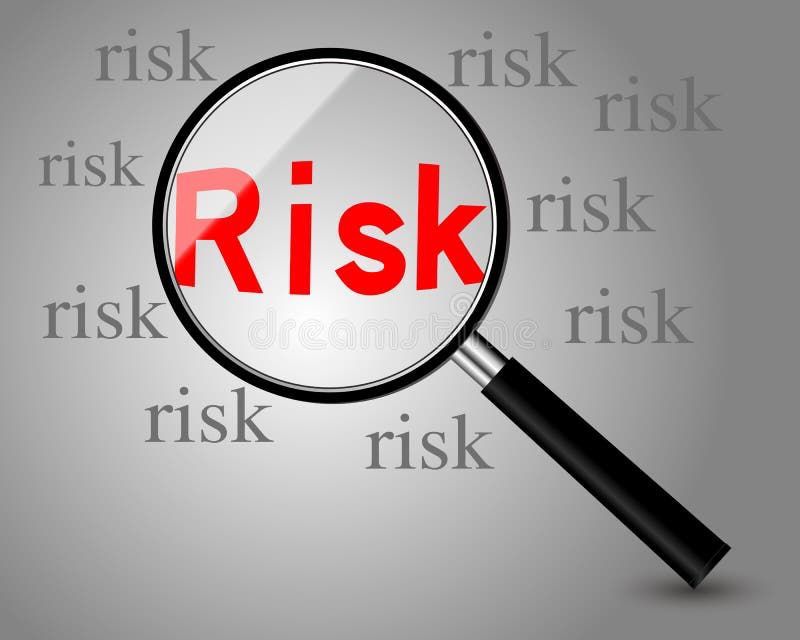bussiness
OperationalRisk Management
"Mitigating Threats and Ensuring Business Continuity through Effective Risk Management"

Business Continuity Planning
Read More
Business continuity planning (BCP) is a proactive strategy that ensures an organization can maintain essential operations during and after disruptive events, such as natural disasters, cyber-attacks, or other unforeseen crises. It involves identifying critical business functions, assessing potential risks, and developing detailed plans to minimize downtime and recover quickly. Key components of a BCP include disaster recovery strategies, communication plans, backup systems, and employee training. By preparing for potential disruptions, businesses can safeguard their operations, protect their reputation, and minimize financial losses. A well-executed business continuity plan enables organizations to remain resilient and maintain service continuity, even in the face of adversity.

Risk Identification Frameworks
Read More
Risk identification frameworks are structured tools and methodologies designed to help organizations systematically identify, assess, and prioritize risks that could affect their operations or objectives. These frameworks typically involve gathering input from various stakeholders, analyzing potential threats, and evaluating the likelihood and impact of each risk. By using techniques such as risk mapping, SWOT analysis, or risk matrices, businesses can gain a comprehensive understanding of both internal and external risks. Once identified, risks are categorized and prioritized based on their severity, enabling organizations to focus resources on managing the most critical threats. A well-established risk identification framework helps businesses proactively address vulnerabilities, ensuring better risk mitigation and informed decision-making.

Crisis Management Strategies
Read More
Crisis management strategies are comprehensive plans designed to enable organizations to respond quickly and effectively to critical situations, minimizing damage and ensuring continuity. These strategies involve pre-established protocols, communication plans, and designated crisis management teams to address emergencies such as natural disasters, data breaches, or reputational crises. By preparing for potential crises in advance, organizations can act swiftly, provide clear guidance to employees and stakeholders, and make informed decisions to mitigate the impact. Effective crisis management not only helps to protect the organization’s assets and reputation but also builds trust with customers, employees, and the public, ensuring a quicker recovery and long-term resilience.

Operational Risk Training
Read More
Operational risk training is designed to equip teams with the knowledge and skills needed to identify, assess, and mitigate risks in day-to-day operations. This training ensures that employees at all levels understand potential threats to business continuity, from process inefficiencies to external factors like regulatory changes or cyber threats. Through case studies, simulations, and hands-on exercises, teams learn how to recognize risks early, implement preventative measures, and respond effectively when issues arise. By fostering a proactive risk management culture, operational risk training helps reduce the likelihood of disruptions, enhances decision-making, and ultimately ensures smoother, more resilient operations across the organization.
For Enquiry

Focus Technologies is a global consulting firm specializing in Operational Excellence, R&D, and cutting-edge business solutions, empowering organizations with innovative training, digital transformation, and strategic growth.
Useful Links
Menu
